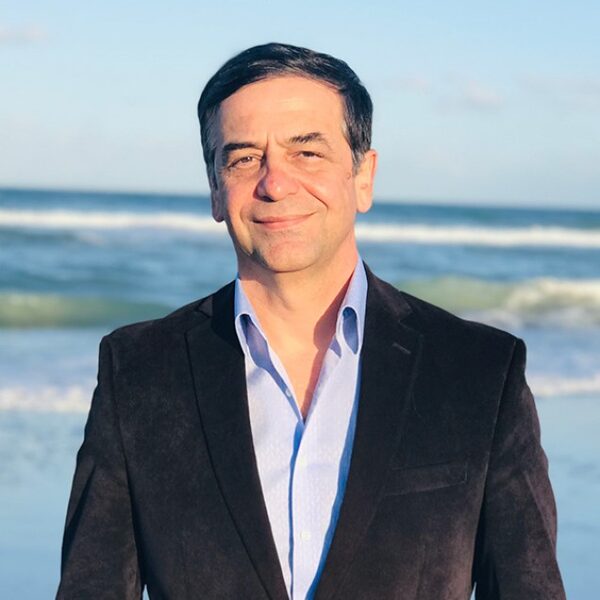Mathematics in the Sciences (MiS).

Description
Analysis & PDE Unit begins the seminar: Mathematics in the Sciences (MiS).
Fundamental questions of natural and engineering sciences and economics always inspired mathematicians to discover new mathematical structures and methods. The goal of MiS seminar series is to discuss the boundary of knowledge in Mathematical Sciences and in emerging fields of Engineering and Natural Sciences through the application of advanced methods of the applied mathematics and the development of new mathematics capable of solving challenging problems of society.
The seminar will hold on Wednesdays, 12 noon -1 pm. Participants are welcome to bring lunch/coffee to seminar meetings.
The first opening seminar will be on January 18, 2023, in room L4E48.
Title: Optimal Control of Magnetic and Hyperfine Parameters to Maximize Quantum Yield in Radical Pair Reactions: a Quantum Biology approach
Speaker: Ugur G. Abdulla (OIST)
Abstract: This talk will present recent advances of my joint research project with the Quantum Biology research team at Johns Hopkins University Applied Physics Lab.
In the first part of the talk, I will present a new computational method for the quantum optimization of the singlet-triplet yield of the radical pairs in biochemical reactions modeled by Schrödinger system with spin Hamiltonians given by the sum of Zeeman interaction and hyperfine coupling interaction terms. Numerical results demonstrate that the quantum singlet-triplet yield of the radical pair system can be significantly reduced if optimization is pursued simultaneously for both the external magnetic field and internal hyperfine parameters.
In the second part of my talk, I will outline the ongoing research on the development of new computational methods based on Pontryagin's Maximum Principle in quantum optimal control theory to reveal the relationship between functional optimization of hyperfine parameters in flavoproteins and external magnetic intensity input to maximize quantum singlet yield, and ultimately unveil the groundbreaking role of quantum coherence in biochemical processes.
Add Event to My Calendar
Subscribe to the OIST Calendar
See OIST events in your calendar app





